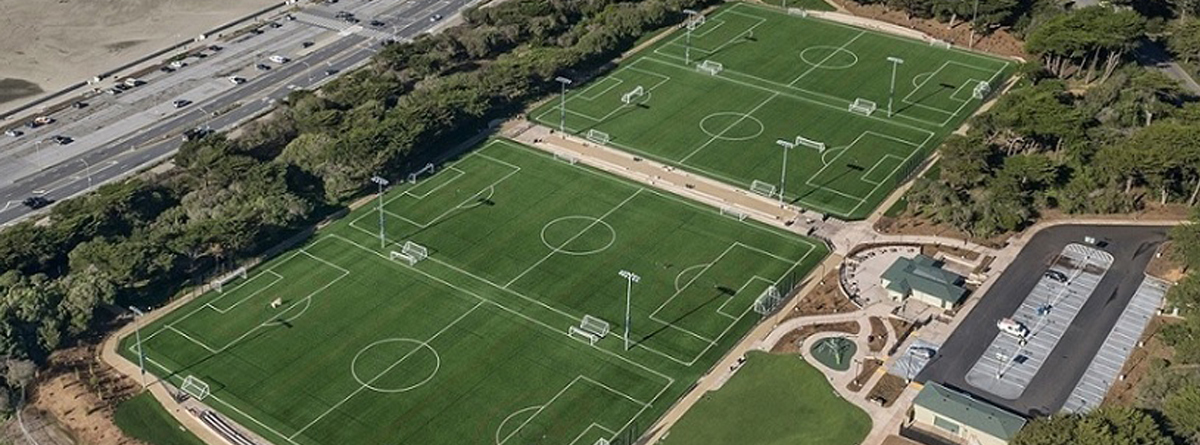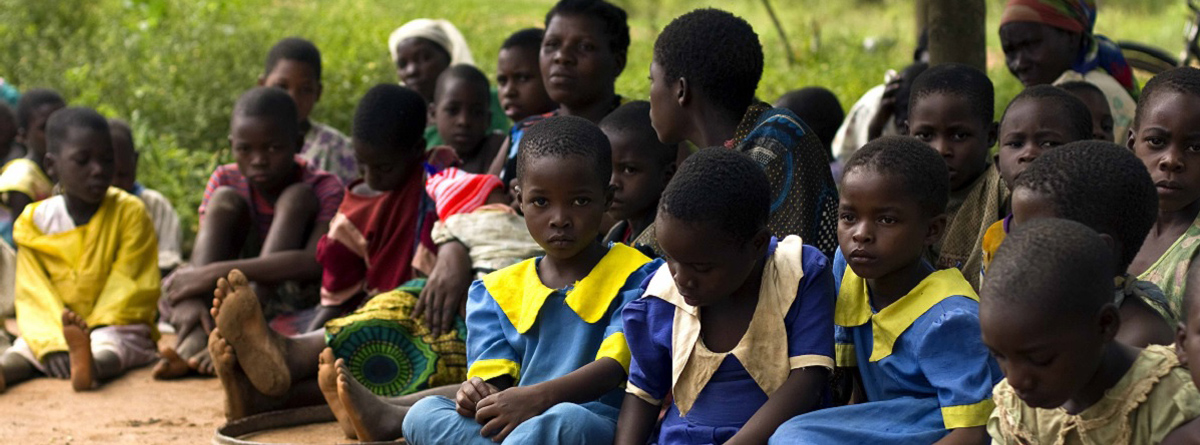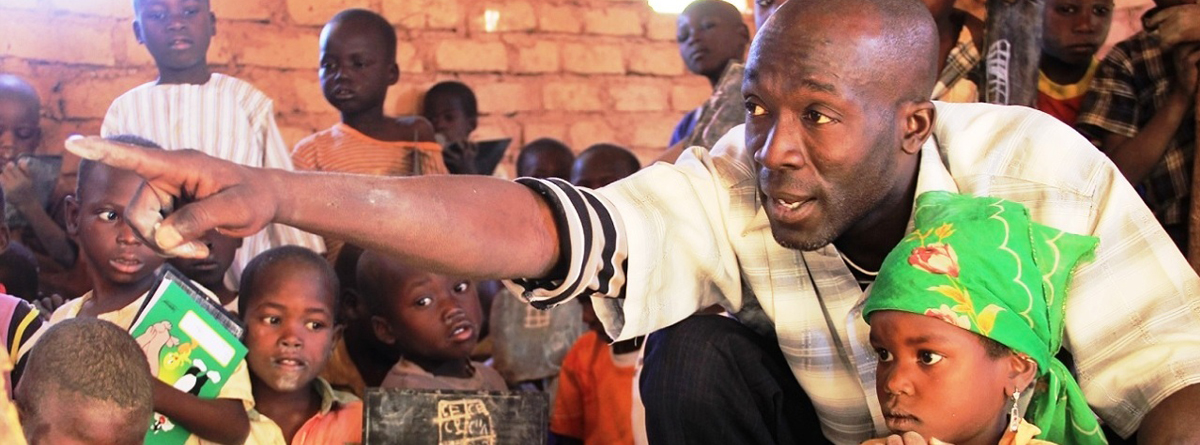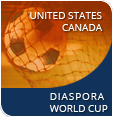
The Diaspora
World Cup
World Cup
|
|
Guinea
New York – Newark
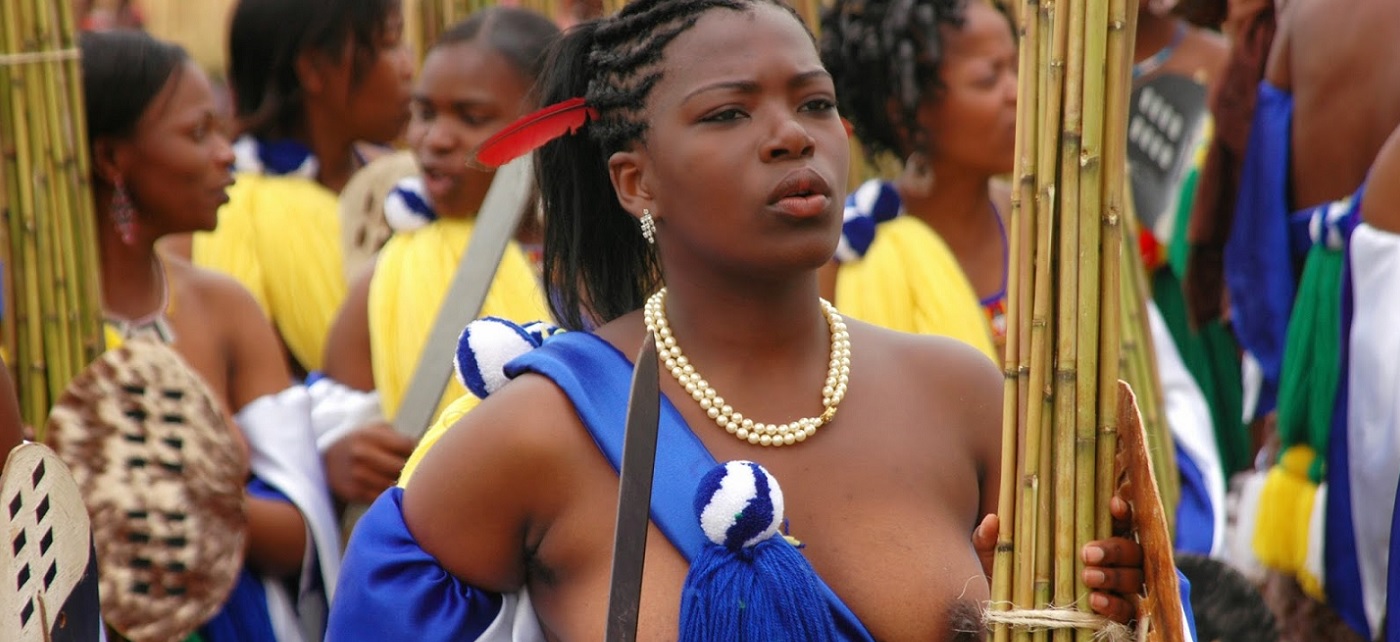
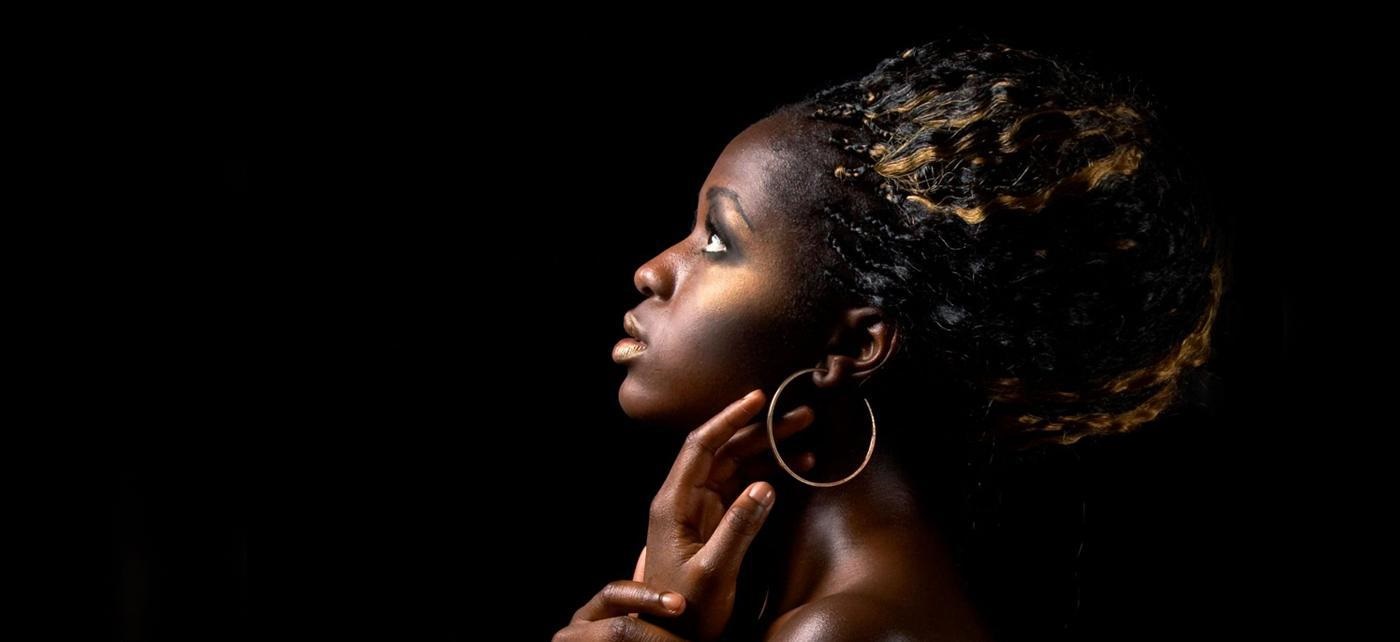
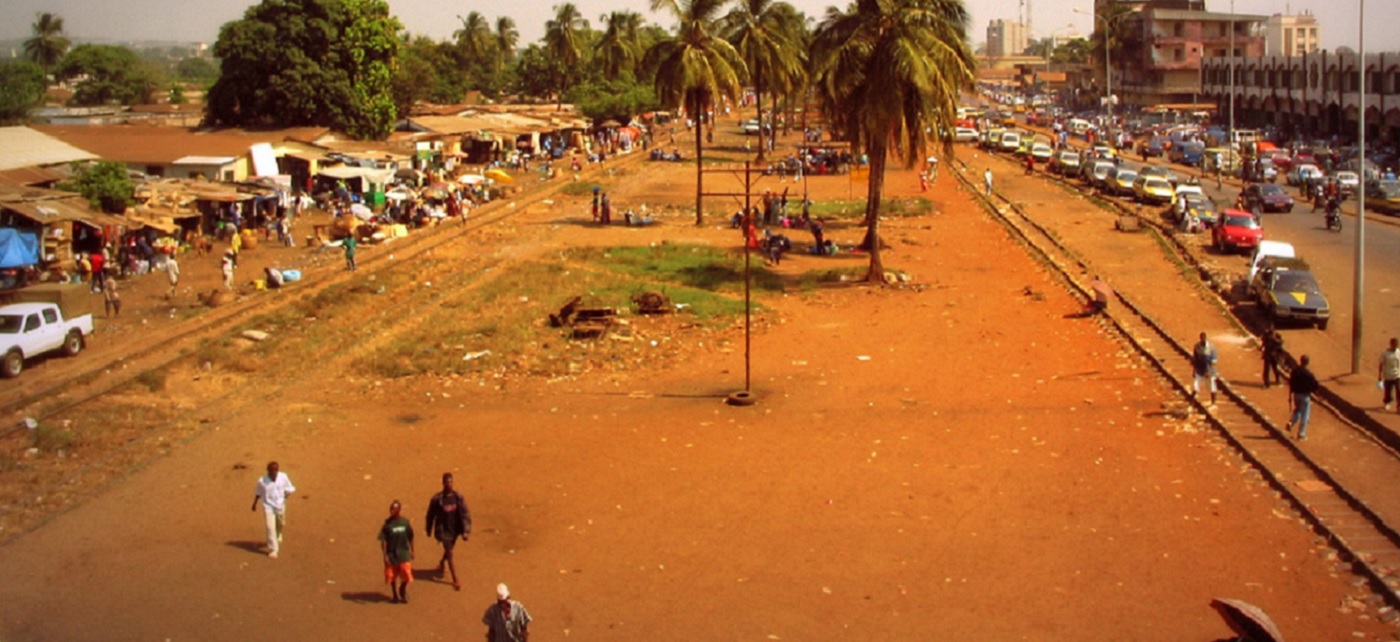
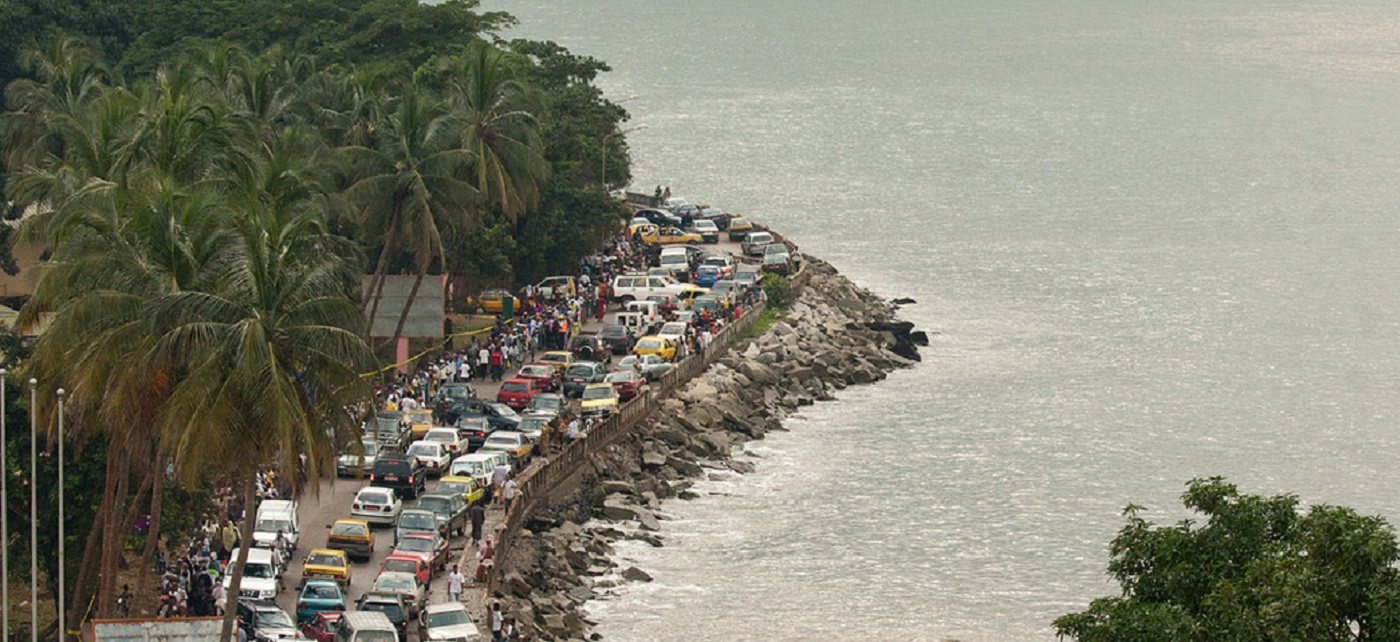
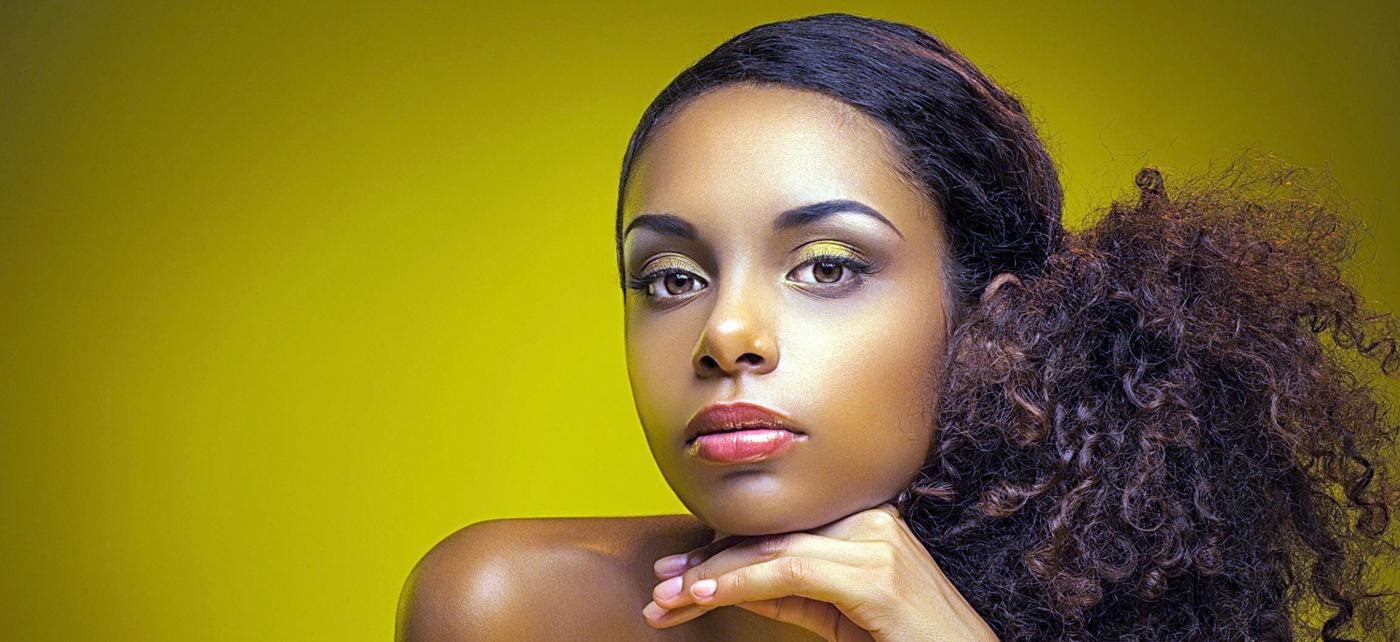
Perfil
Guinea officially the Republic of Guinea, is a country in West Africa. Formerly known as French Guinea, it is today sometimes called Guinea-Conakry to distinguish it from its neighbor Guinea-Bissau. Conakry is the capital, the seat of the national government, and the largest city. Guinea has almost 246,000 square kilometers. It forms a crescent by curving from its western border on the Atlantic Ocean toward the east and the south. Its northern border is shared with Guinea-Bissau, Senegal, and Mali, the southern one with Sierra Leone, Liberia, and Côte d'Ivoire. The Niger River arises in Guinea and runs eastward.
Guinea's 10 million people belong to twenty-four ethnic groups. The most prominent groups are the Fula, Mandinka, and Susu. The land that is now Guinea belonged to a series of empires until France colonized it in the 1890s, and made it part of French West Africa. Guinea declared its independence from France on 2 October 1958. The official language of Guinea is French. Other significant languages spoken are Maninka (Malinke), Susu, Pular (Fulfulde or Fulani), Kissi, Kpelle, and Loma.
The country is composed of several music groups. Of these, the music of the Mandé has been particularly popular and internationally well-known, even outside of West Africa. Guinea's Mandé are mostly Maninka-speaking. Music is dominated by the djelis, travelling singer-historians who sing praises to their noble patrons. In modern times, the guitar plays a very important role. Traditionally, popular instruments include the ngoni, a distant relative of the banjo, and the balafon. Famous balafon players include El Hadj Djeli Sory Kouyaté and, early in his career, superstar Mory Kanté. The kora, a cross between a harp and a lute, is also widespread.
The Guinea Diaspora Football team represents Guinea in the Diaspora World Cup.
Last Update: December 2010
Guinea's 10 million people belong to twenty-four ethnic groups. The most prominent groups are the Fula, Mandinka, and Susu. The land that is now Guinea belonged to a series of empires until France colonized it in the 1890s, and made it part of French West Africa. Guinea declared its independence from France on 2 October 1958. The official language of Guinea is French. Other significant languages spoken are Maninka (Malinke), Susu, Pular (Fulfulde or Fulani), Kissi, Kpelle, and Loma.
The country is composed of several music groups. Of these, the music of the Mandé has been particularly popular and internationally well-known, even outside of West Africa. Guinea's Mandé are mostly Maninka-speaking. Music is dominated by the djelis, travelling singer-historians who sing praises to their noble patrons. In modern times, the guitar plays a very important role. Traditionally, popular instruments include the ngoni, a distant relative of the banjo, and the balafon. Famous balafon players include El Hadj Djeli Sory Kouyaté and, early in his career, superstar Mory Kanté. The kora, a cross between a harp and a lute, is also widespread.
The Guinea Diaspora Football team represents Guinea in the Diaspora World Cup.
Last Update: December 2010
País Ubicación


